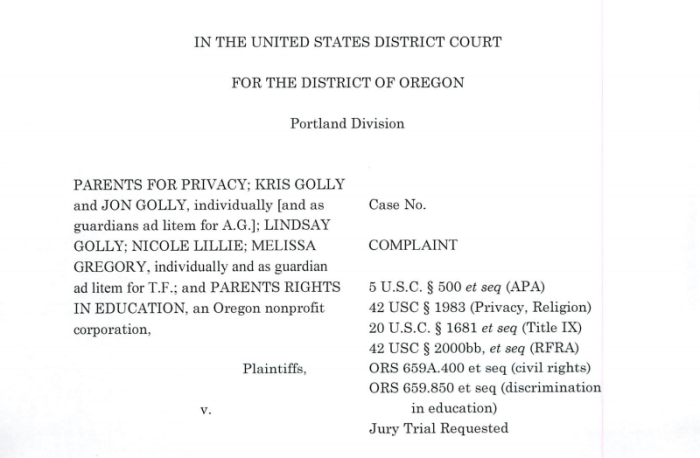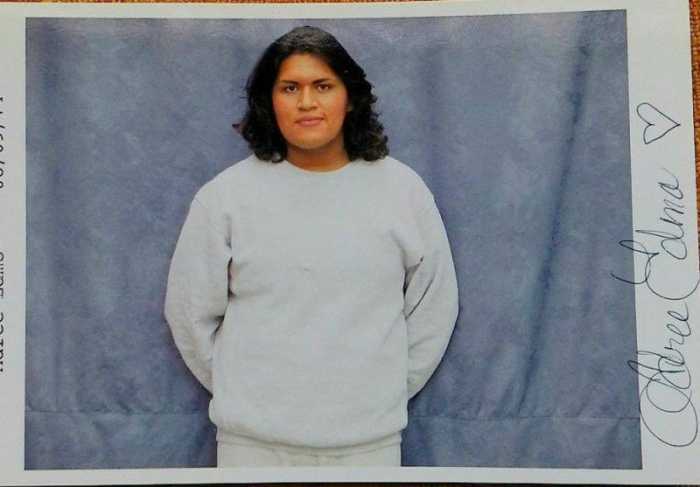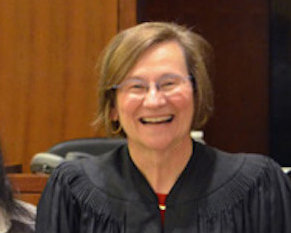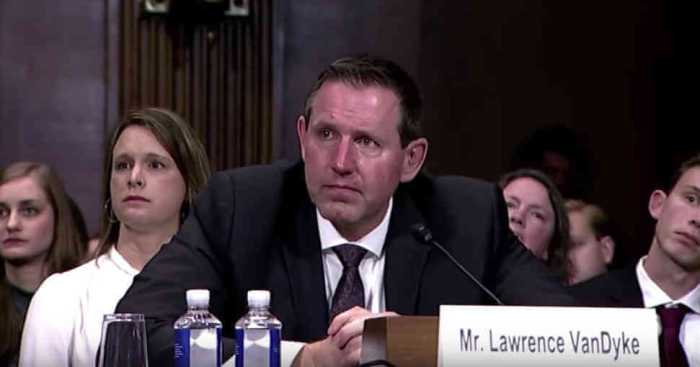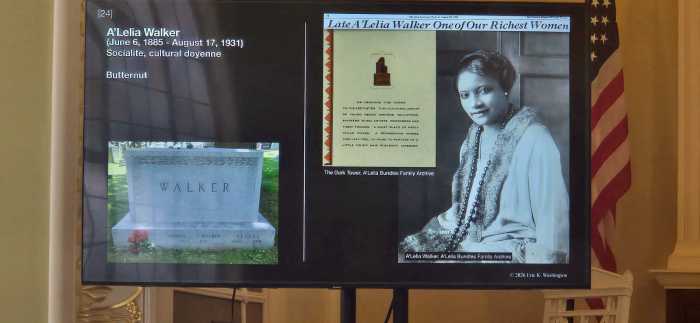The US Court of Appeals for the Ninth Circuit has rebuffed a petition calling on it to reconsider its decision last August rejecting a constitutional challenge to a California law that prohibits licensed mental health professionals from engaging in “sexual orientation change efforts” (SOCE) — sometimes called “conversion therapy” — with patients under 18.
The January 29 decision by the San Francisco-based appellate circuit came in response to a petition from plaintiffs — including SOCE practitioners and parents wishing to get such treatment for their children — requesting that either the three-judge panel that ruled in August reconsider its decision or the circuit grant an en banc hearing by 11 judges. All two-dozen judges on the circulate received the petition, but only three voted to grant en banc review.
The appellate panel ruling last summer came after consolidation of separate cases in which two district judges had issued conflicting decisions on the constitutionality of the California law. The panel affirmed the judge who upheld the measure, finding that the law “as a regulation of professional conduct, does not violate the free speech rights of SOCE practitioners or minor patients, is neither vague nor overbroad, and does not violate the parents’ fundamental rights.”
Last August’s appellate decision affirming statute stands; Supreme Court may be next stop
As the full circuit rejected the petition for rehearing, Judge Diarmuid O’Scannlain, writing for himself and Judges Carlos T. Bea and Sandra S. Ikuta, released a substantial dissenting opinion, challenging the court’s conclusion that First Amendment problems with the ban could be avoided by characterizing it as a regulation of “conduct” or “medical practice” rather than a limitation on speech. He asserted that the panel decision “contravenes recent Supreme Court precedent, ignores established free speech doctrine, misreads our cases, and thus insulates from First Amendment scrutiny California’s prohibition — in the guise of a professional regulation — of politically unpopular expression.”
O’Scannlain pointed to a 2010 Supreme Court ruling in a lawsuit challenging a federal statute forbidding “material support” to terrorist organizations. The challengers there argued the law was unconstitutional as applied to purely verbal communication.
“The Court rejected the government’s argument that the statute only punished ‘conduct’; for, in this situation, the ‘conduct triggering coverage under the statute consists of communicating a message,’” wrote O’Scannlain.
He drew from this the conclusion that the government’s cannot arbitrarily “transform ‘speech’ into ‘conduct’ that it may more freely regulate,” and he rebutted the panel decision’s arguments seeking to distinguish that case. He also asserted that “federal courts have never recognized a freestanding exception to the First Amendment for state professional regulations” by using a distinction between conduct and speech.
Last summer’s panel decision was released in amended form on January 29, reiterating the earlier decision’s distinction between “therapeutic speech” and “expressive speech” and emphasizing that “it is well recognized that a state enjoys considerable latitude to regulate the conduct of its licensed health care professionals in administering treatment.” The panel distinguished California’s SOCE ban from the federal statute regarding “material support” to terrorist organizations by noting that the latter was an attempt by Congress to regulate “political speech by ordinary citizens,” not the therapeutic practices of health professionals licensed by the state.
The ferocity of O’Scannlain’s dissent underlines that this is a “culture wars” case, and the plaintiffs, ardent proponents of so-called “conversion therapy,” are likely to seek review by the Supreme Court. The plaintiffs challenging the statute were represented in the Ninth Circuit by Dean Matt Staver of Liberty University Law School on behalf of the affiliated Liberty Counsel, and by Kevin Snider for the conservative Pacific Justice Institute. Both of those organizations have a track-record of opposing gay rights measures in the courts.

